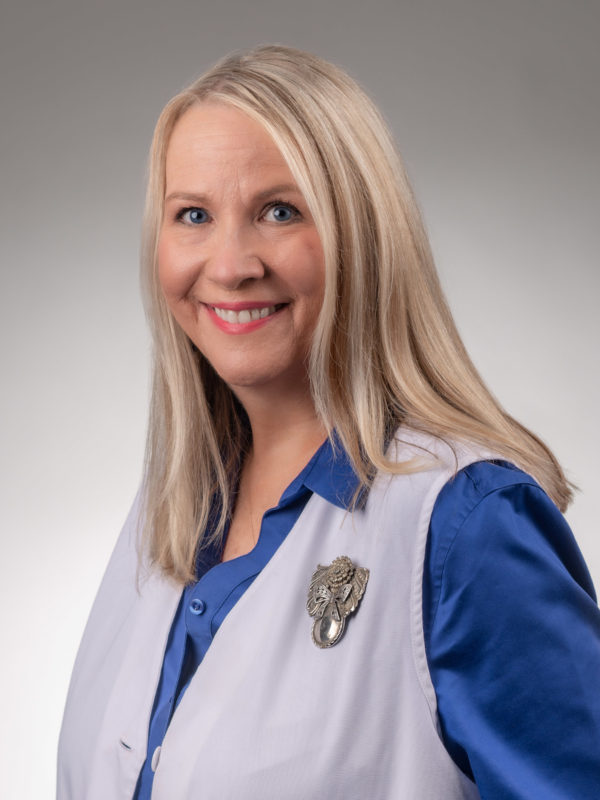4 New Year’s resolutions for weight loss surgery patients
The arrival of the new year is a time of reflection for many of us. Behavioral health nurse Marilyn Meade Penrod said it’s a good time for weight loss surgery patients to ask themselves some questions. Are you happy about where you are in your weight loss journey? Do you have further health and weight goals you hope to accomplish in the new year? If the answer is yes, she offered some suggestions for resolutions to consider.
Remember your “why.” When you first began your weight loss surgery journey, you might have written down why you made the decision to have surgery in the first place. The beginning of a new year is an excellent time to re-read or write this down if you have not done so already. Ask yourself, what is the most important thing that motivated you to make a change in your health through surgery?
This can also be a good time to journal about how surgery has changed your life or renew your goals for the coming year. Ask yourself, “How do I want to live?” or “How do I want to feel?” Journaling can also be an excellent way to relieve boredom and stress, which can lead to emotional eating.
Make positive affirmations for the new year. Write them down and place them where you will see them frequently, such as a bathroom mirror or on your desk at work. Use “I am” statements, such as, “I am enjoying having more energy” or “I am enjoying exercising without pain in my joints.” Renew your mind on these positive affirmations daily. There is a saying that the body follows what the mind believes. As you accomplish an achievement, change your affirmation to reflect something new that you would like to accomplish.
Celebrate your “non-scale” victories. Examples of these can be taking fewer medications, being more active or dropping a clothing size. Include these in your journal.
Also, a picture is worth a thousand words. Take pictures of yourself on a regular basis and include them in your journal. The scale is not the sole means to reflect your accomplishments on your weight loss surgery journey.
Are you struggling with weight gain?
If you are struggling with weight gain, Penrod said it’s important to return to the basics of the weight loss surgery program, which include:
- Getting adequate protein
- Drinking plenty of water
- Food tracking
- Getting adequate sleep
- Eliminating “trigger” foods from your diet
It is also important to keep follow up appointments with your bariatric surgery provider and attend regular support groups.
Find a doctor
Whether you’re looking for a primary care physician or need to see a specialist, we’re here to help with experienced, compassionate care near you.
Find a Doctor

